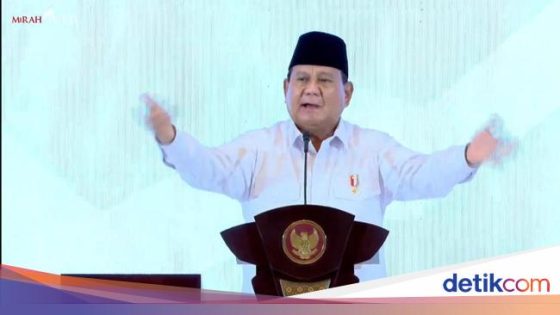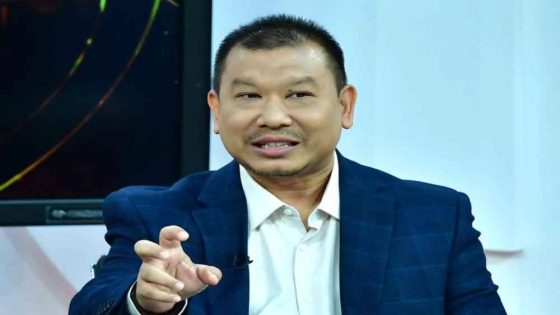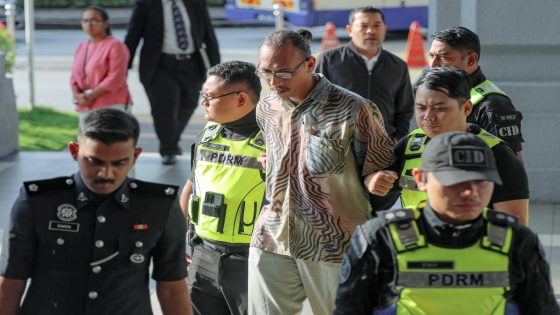On February 16, 2025, a press conference in the Oval Office featured Elon Musk and former President Donald Trump. Musk appeared with his young son and dominated the event, leading to discussions about the dynamics of power between them. This incident has raised questions about Musk’s influence over Trump and implications for future political scenarios.
- Musk's influence over Trump is significant.
- Trump's response indicated deeper concerns.
- Public perception of Trump is shifting.
- Speculation about 2028 election implications.
- Concerns about a "proxy Presidency" arise.
The recent press conference held by Elon Musk alongside Donald Trump has sparked significant interest regarding their relationship. Observers noted that Musk’s casual attire contrasted sharply with Trump’s demeanor, leading to speculation about who holds more influence in this dynamic. The event was characterized as unusual given Trump’s history of commanding attention during public appearances.
Key details from the event include:
- Musk attended the press conference wearing a T-shirt and overcoat.
- Trump appeared less engaged than usual during the discussion.
- Musk’s presence seemed to shift focus away from Trump significantly.
Additionally, Trump’s response to a question about potential Vice Presidential candidate J.D. Vance in 2028 suggested deeper issues at play. His reaction was described as unusually defensive, indicating that questions surrounding Vance may have struck a nerve with Trump. This could imply strategic considerations for both figures moving forward into future elections.
The interactions between Musk and Trump leave many questioning what factors are influencing their relationship. Speculation includes financial ties or shared interests that might affect political outcomes as they navigate upcoming electoral cycles together.
This recent incident highlights shifting power dynamics within American politics as influential figures like Musk gain prominence. As these relationships evolve, they may have lasting impacts on future elections and governance strategies.
































